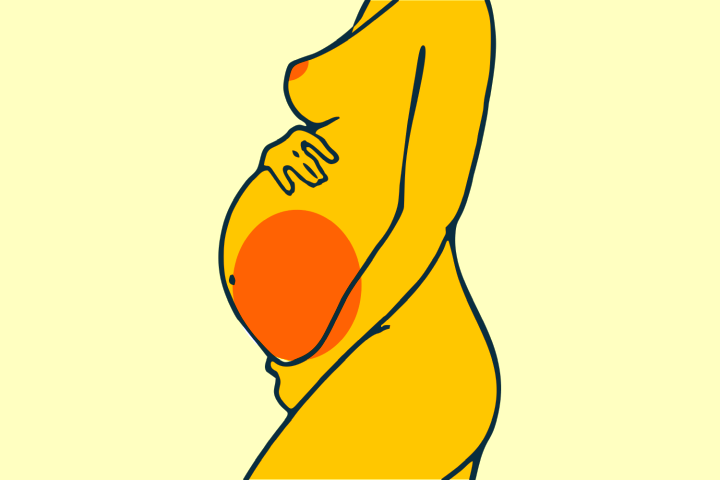To provide services at the highest level, we use cookies. Using the website requires you to choose settings related to their storage on your device. If you want to know what each type of cookie is used for, click the Details button below.
Progesterone – meaning, action, deficiency, excess 8 kwietnia 2021 |

Progesterone is one of the key sex hormones, playing a significant role in the bodies of both women and men, although its levels are much higher in women. It is synthesized primarily in the adrenal cortex, ovaries, and placenta in pregnant women. The corpus luteum produces progesterone under the influence of luteinizing hormone (LH), secreted in humans by another gland, namely the pituitary gland.
The synthesis of progesterone begins with cholesterol. It is converted into pregnenolone, and then the process of its transformation into 17-hydroxypregnenolone occurs, which is a precursor to progesterone. This process takes place in the adrenal cells under the influence of another important hormone, which is adrenocorticotropic hormone (ACTH). As for the female ovaries, progesterone is produced by the corpus luteum, which forms after ovulation.
A deficiency of progesterone can lead to various issues related to the hormonal system in women. The most commonly encountered causes of progesterone deficiency are diverse and may include:
Persistent progesterone deficiency can lead to various severe health and hormonal consequences. The most common symptoms associated with progesterone deficiency in women include:
An excess of progesterone can lead to various issues related to the hormonal system in women. The causes of excessive production of progesterone are diverse and may include:
Persistent excess of progesterone can lead to various health and hormonal effects in women. The most common symptoms associated with excessive production of progesterone include:
Progesterone is a steroid hormone that plays a key role in regulating the menstrual cycle, preparing the body for pregnancy, and maintaining pregnancy. Additionally, progesterone influences the uterine lining, preparing it for the implantation of a fertilized egg.
A deficiency of progesterone can lead to various health issues, such as menstrual cycle disorders, difficulty getting pregnant, and an increased risk of miscarriage. Low levels of progesterone can also cause symptoms such as mood changes, breast pain, headaches, and chronic fatigue.
Excess progesterone can lead to symptoms such as fatigue, dizziness, bloating, and increased appetite. Some individuals with excessive progesterone may even experience depression. High levels of progesterone are also often observed in multiple pregnancies and pregnancies with twins.
Increasing progesterone levels naturally can be challenging, but some strategies include maintaining a healthy diet, regular exercise, and stress reduction. In some cases, a doctor may recommend hormone therapy.
Decreasing progesterone levels is challenging and not recommended without consulting a doctor. Excessively lowering progesterone levels can lead to health issues such as menstrual cycle disorders and difficulty getting pregnant. In the case of issues related to high progesterone levels, it is best to consult a doctor.